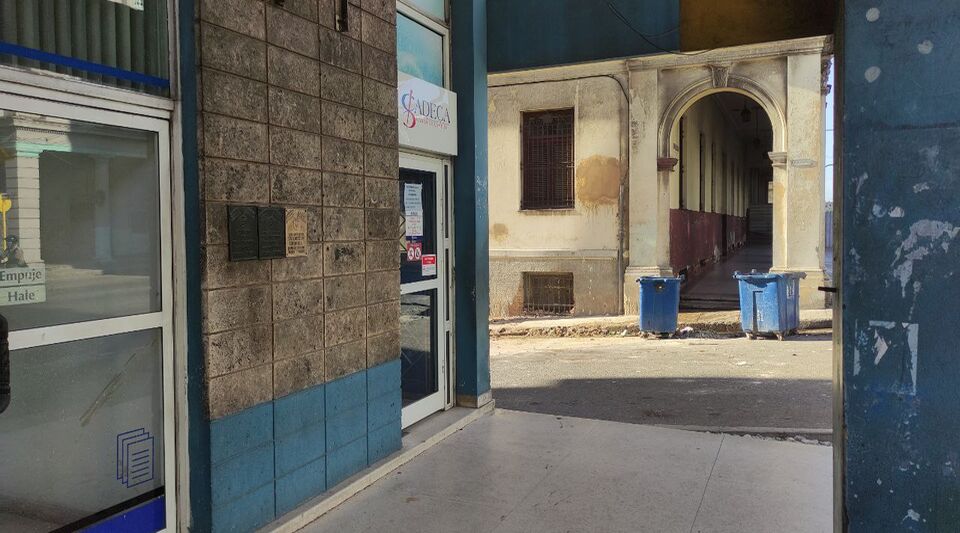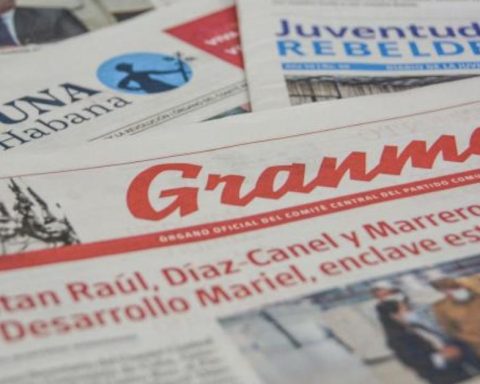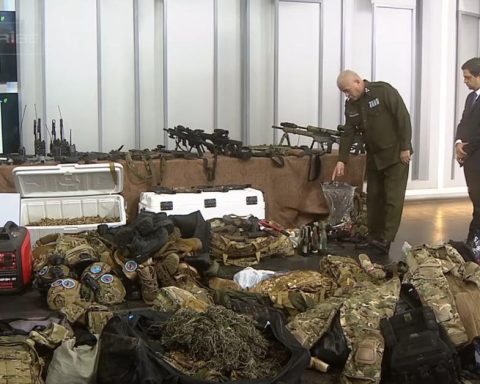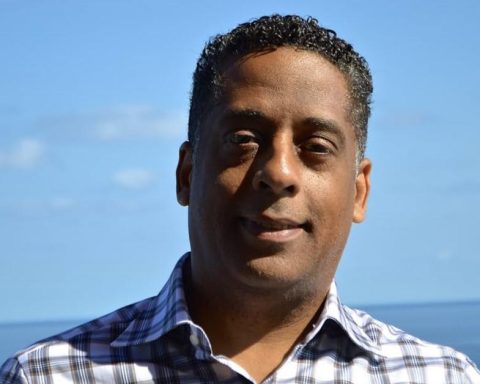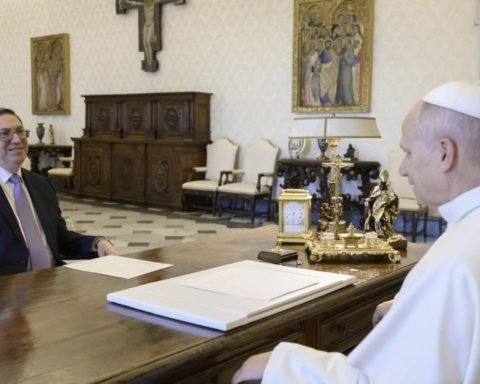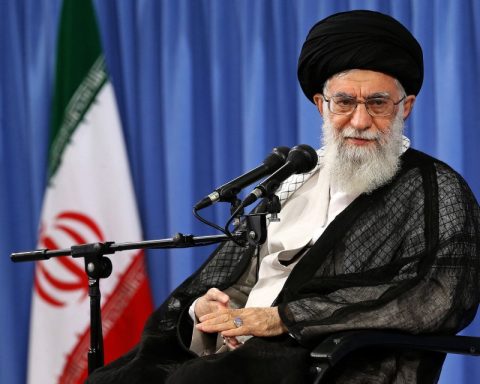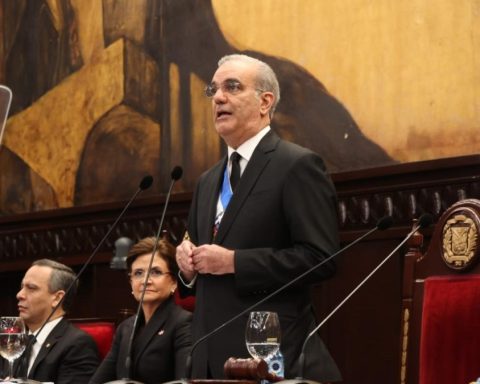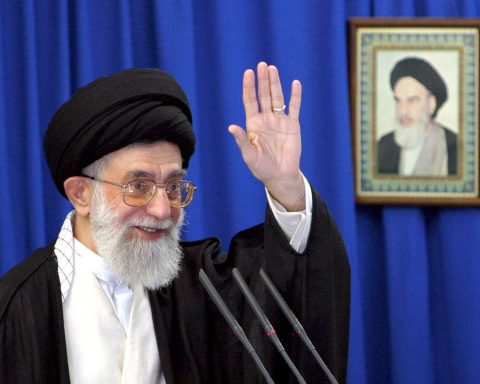The Cuban government announced this Monday that it will start selling dollars to the population on August 23 at a price of 123.60 pesos per dollar. The 37 stores authorized to carry out this operation will report daily the number of people who can buy “depending on the availability of foreign currency,” assured the minister president of the Central Bank of Cuba (BCC), Marta Sabina Wilson González in the program Round table.
Initially, a person will be able to buy only 100 dollars or its equivalent in other currencies, although Wilson González did not specify how often he can carry out this operation. The sale will begin in 36 exchange houses (Cadeca) and a branch of Banco Popular de Ahorro in Isla de la Juventud.
The official said that both the exchange rate, for now 120 CUP per one dollar, and the margins, will be adjusted if necessary. In addition, the purchase limit of $100 per person “can be extended” at a later date.
“If the dollar is the currency that we have the most difficulty in exporting, then the idea is that people demand that currency and we favor that the purchase is fundamentally of the dollars that we have in existence in each of the exchange houses,” warned the Minister President of the BCC.
“If the dollar is the currency that we have the most difficulty in exporting, then the idea is that people demand that currency”
The Cuban authorities assured that the euro is the currency that has entered the most in the official exchange market since the new exchange rate was implemented at the beginning of the month, followed by the dollar, the pound sterling and the Mexican peso.
Economy Minister Alejandro Gil, for his part, acknowledged in the official space that “there is a demand for dollars in cash” on the island, either to emigrate, to go shopping abroad or to carry out other types of operations. However, he clarified that right now the only way out for those dollars is to sell them in the foreign exchange market.
Cubans buy dollars to emigrate, make domestic transactions and leverage their few savings in the face of the collapse of the power of the Cuban peso to convert into goods and services. Inflation and lack of productivity have plunged the national currency into depths never seen before.
“We are not going to fall behind the informal market exchange rate,” Gil said for those who expect the official rate to compete with the illegal networks. “The first step is to retake control by the State of the value of the currency,” the minister clarified. “This is not a market economy,” stressed the head of the branch.
“Little by little, the State will make progress in controlling the exchange market,” Gil reaffirmed. But “if you have a partially dollarized market”, there will always be a demand for foreign currency. “We will reach a time of lower demand for foreign currency when we have more offers in Cuban pesos.”
“We are not going to fall behind the informal market exchange rate,” Gil sentenced for those who expect the official rate to compete with the illegal networks.
The minister, who repeated the word “challenge” several times to describe the foreign exchange market, warned of the need to relaunch Cuban industry in order to sustain the pulse of the currency and reiterated his criticism of the “voluntary” vision of the economy. “The strength of the economy is what will allow us to stabilize the exchange rate,” he explained. “You have to put your feet on the ground and understand the sense of urgency,” he confessed.
“This is not for the nouveaux riches,” Gil defended himself. “This is not a measure for those who receive foreign exchange,” he said in a speech in which he tried to reinforce the idea that there is an official script that includes, in the medium and short term, an improvement in daily life. “It is not an improvisation, nothing we do is improvised,” she assured in the midst of a climate of high social criticism.
Reactions to the new ad are flooding social media. The Cuban economist Mauricio De Miranda Parrondo ironically Twitter: “I think the government’s next decision will be to sell foreign currency through the book in Cuba. Randy says that they will distribute shifts. I imagine that they will end up making appointments by phone.”
________________________
Collaborate with our work:
The team of 14ymedio is committed to doing serious journalism that reflects the reality of deep Cuba. Thank you for joining us on this long road. We invite you to continue supporting us, but this time becoming a member of our journal. Together we can continue transforming journalism in Cuba.
